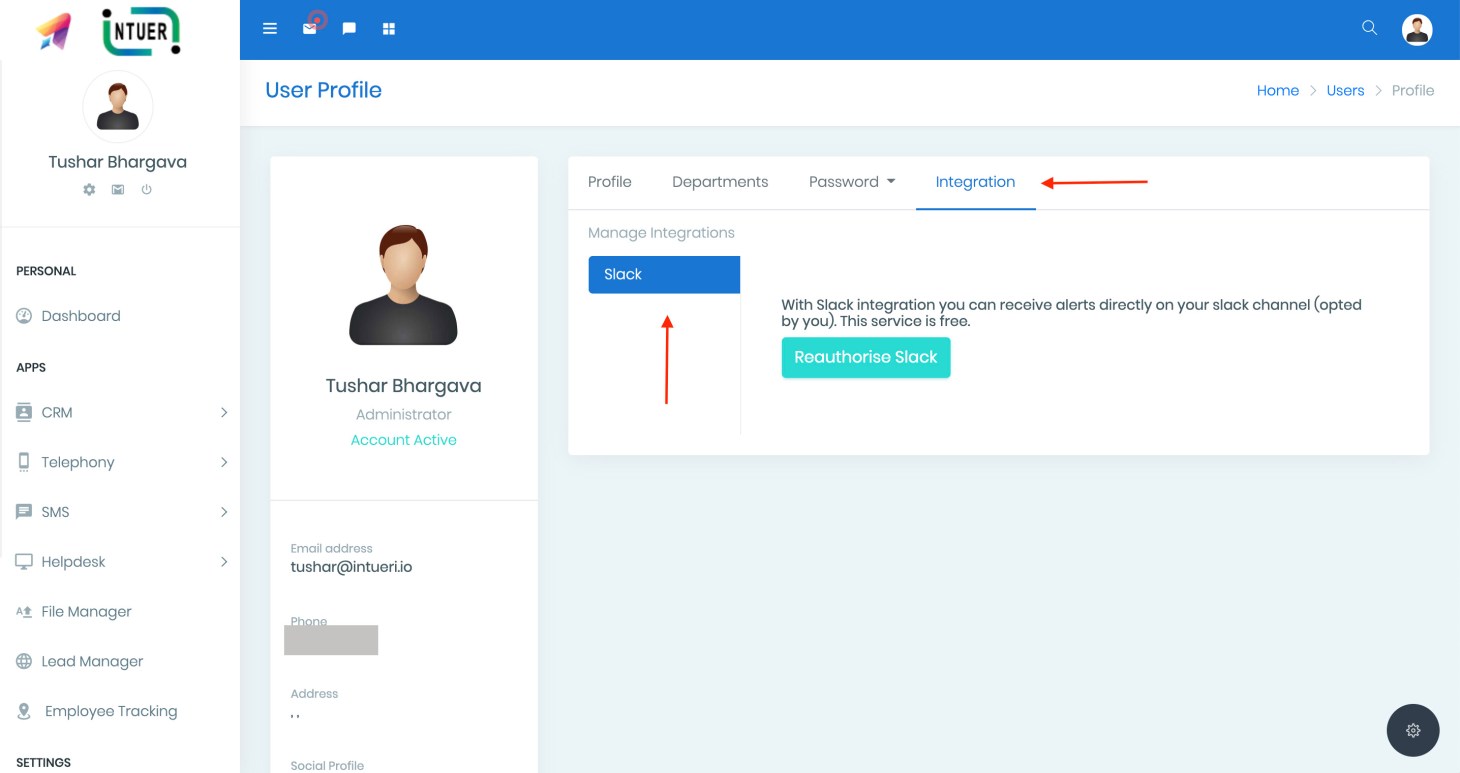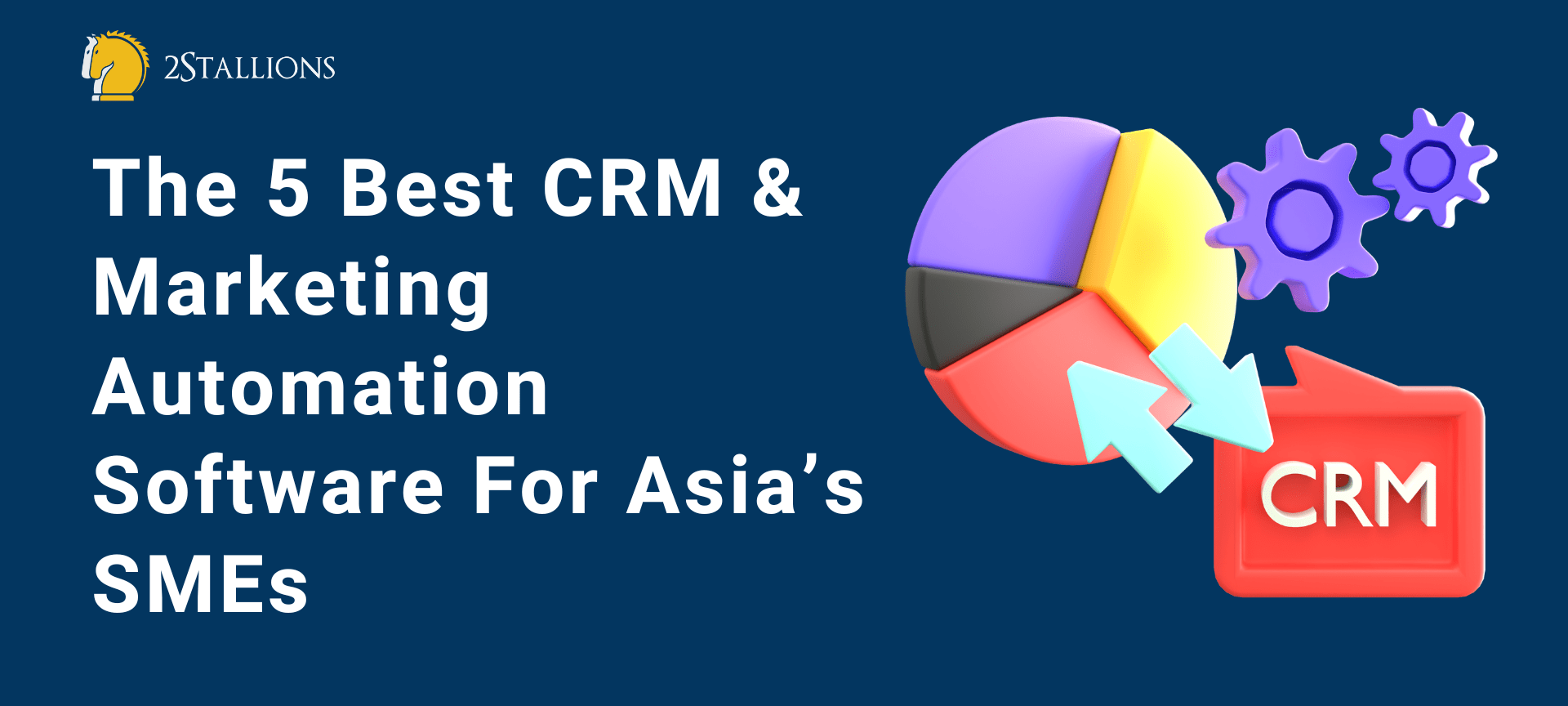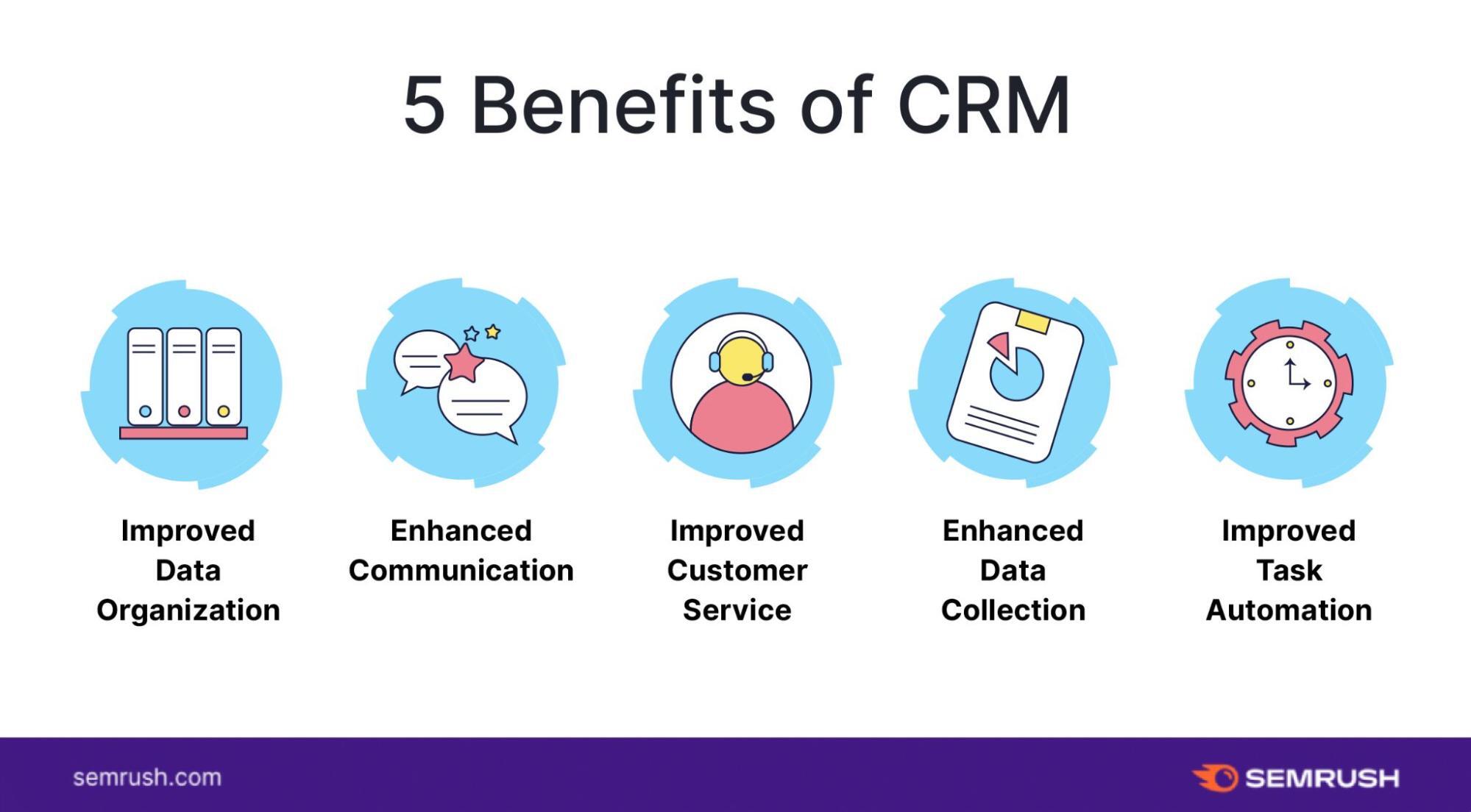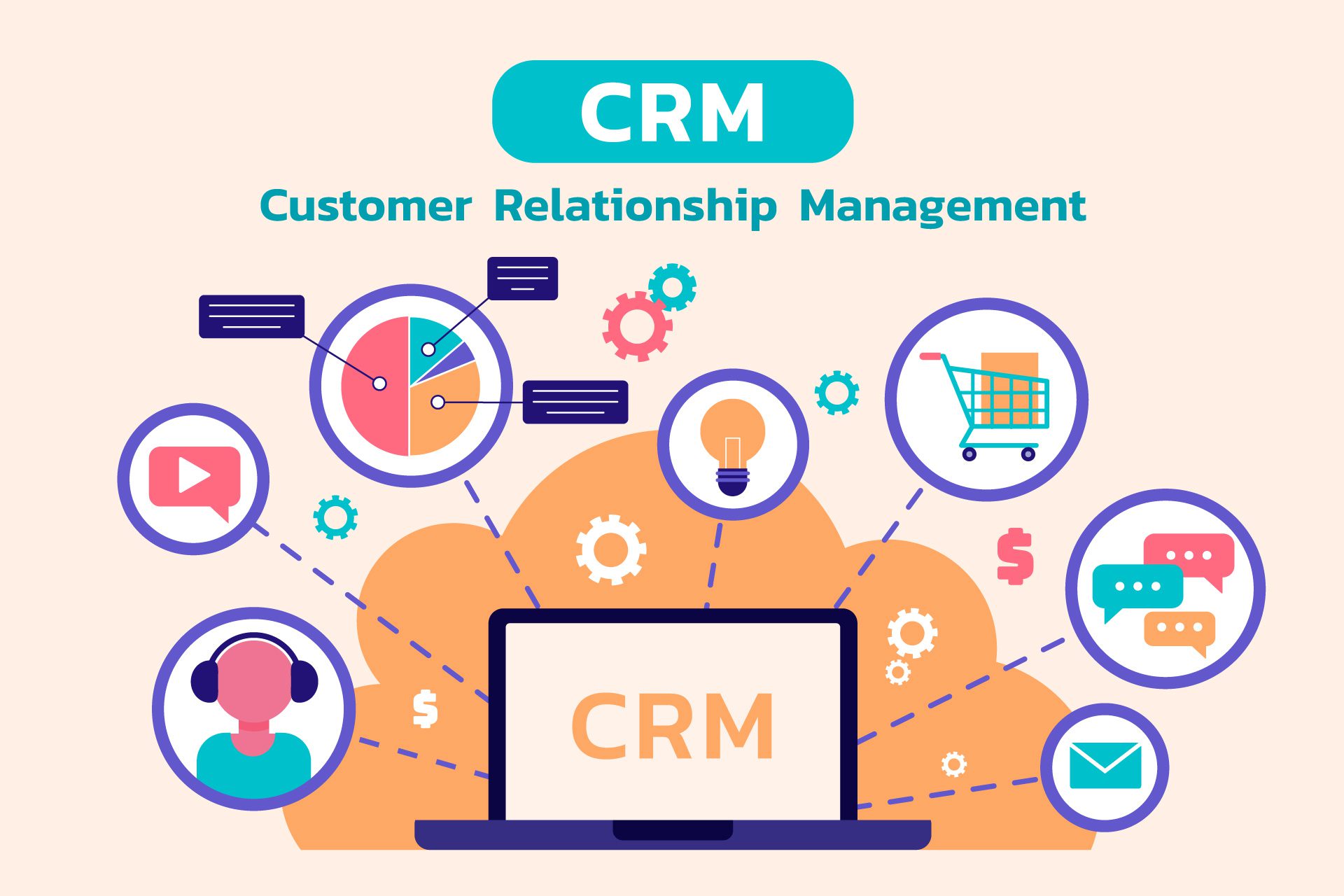
Introduction: Unveiling the Power of CRM Marketing
Welcome to the world of CRM marketing! If you’re a beginner, you might be wondering what all the fuss is about. Essentially, CRM (Customer Relationship Management) marketing is all about building and nurturing strong relationships with your customers. It’s about understanding their needs, preferences, and behaviors to deliver personalized experiences that drive engagement, loyalty, and ultimately, sales. This guide is designed to walk you through the fundamentals of CRM marketing, providing you with the knowledge and tools you need to get started.
In today’s competitive landscape, it’s no longer enough to simply offer a great product or service. Customers expect more – they want to feel valued, understood, and connected to the brands they choose. CRM marketing empowers you to do just that. By centralizing customer data and leveraging powerful marketing automation tools, you can create targeted campaigns, deliver personalized communications, and provide exceptional customer service. This not only enhances the customer experience but also leads to increased customer lifetime value and business growth.
This article will cover everything from the basics of what CRM is and how it works, to the specific strategies and tactics you can implement to achieve your marketing goals. We’ll explore the benefits of CRM marketing, the different types of CRM systems available, and the steps you need to take to get started. So, buckle up and prepare to embark on a journey that will transform the way you interact with your customers and fuel your business success.
What is CRM and Why Does it Matter?
Let’s start with the basics. CRM stands for Customer Relationship Management. At its core, a CRM system is a tool that helps businesses manage and analyze customer interactions and data throughout the customer lifecycle. This includes everything from potential leads to existing customers and even past customers. A good CRM system acts as a central hub, consolidating all customer-related information in one place.
Think of it as your customer’s personal digital profile. Within the CRM, you’ll find details like contact information, purchase history, communication logs (emails, phone calls, etc.), and any other relevant information that can help you understand your customers better. This 360-degree view of your customers is invaluable for making informed decisions and tailoring your marketing efforts.
So, why does CRM matter? Here are some key benefits:
- Improved Customer Relationships: By understanding your customers’ needs and preferences, you can build stronger relationships and foster loyalty.
- Increased Sales: Targeted marketing campaigns and personalized offers can drive sales and revenue growth.
- Enhanced Customer Service: CRM systems enable you to provide faster, more efficient, and more personalized customer service.
- Streamlined Processes: Automation features can streamline your sales, marketing, and customer service processes, saving time and resources.
- Better Decision-Making: Data-driven insights from your CRM system can help you make informed decisions about your marketing strategies and business operations.
- Increased Efficiency: Automating tasks and centralizing data frees up your team to focus on more strategic initiatives.
Key Components of a CRM System
Now that we understand what CRM is and why it’s important, let’s delve into the key components that make up a typical CRM system. These components work together to provide a comprehensive solution for managing customer relationships.
- Contact Management: This is the foundation of any CRM system. It allows you to store and manage customer contact information, including names, addresses, phone numbers, email addresses, and social media profiles.
- Sales Force Automation (SFA): SFA tools help you automate and streamline your sales processes. This includes lead management, opportunity tracking, sales forecasting, and quote generation.
- Marketing Automation: Marketing automation features enable you to create and manage automated marketing campaigns, such as email marketing, lead nurturing, and social media marketing.
- Customer Service and Support: CRM systems often include customer service tools that allow you to track and resolve customer issues, manage support tickets, and provide self-service resources.
- Analytics and Reporting: CRM systems provide dashboards and reports that allow you to track key performance indicators (KPIs), analyze customer behavior, and measure the effectiveness of your marketing campaigns.
- Integration: A good CRM system integrates with other business applications, such as email marketing platforms, e-commerce platforms, and social media channels.
Choosing the Right CRM System for Your Business
Choosing the right CRM system is a crucial decision that can significantly impact your business’s success. There are numerous CRM systems available, each with its own features, pricing, and target audience. Here’s how to choose the right one for your business:
- Assess Your Needs: Before you start evaluating CRM systems, take the time to assess your business’s specific needs. What are your goals for using a CRM? What are your pain points? What features are essential for your business?
- Consider Your Budget: CRM systems range in price from free to thousands of dollars per month. Determine your budget and look for systems that fit within your financial constraints.
- Evaluate Features: Make a list of the features you need, such as contact management, sales force automation, marketing automation, and customer service tools. Compare the features of different CRM systems to see which ones meet your requirements.
- Think About Scalability: Choose a CRM system that can scale as your business grows. Consider the number of users, the amount of data you’ll need to store, and the potential for future expansion.
- User-Friendliness: The CRM system should be easy to use and navigate. Consider the learning curve for your team and choose a system that is intuitive and user-friendly.
- Integration Capabilities: Make sure the CRM system integrates with your existing business applications, such as email marketing platforms, e-commerce platforms, and social media channels.
- Research and Compare: Research different CRM systems and compare their features, pricing, and reviews. Read online reviews and testimonials to get insights from other users.
- Free Trials and Demos: Take advantage of free trials and demos to test out different CRM systems before making a decision. This will give you a better understanding of the system’s features and usability.
- Consider Support and Training: Look for a CRM system that offers good support and training resources. This will help you get started and troubleshoot any issues that arise.
Some popular CRM systems for beginners include:
- HubSpot CRM: A free, all-in-one CRM with powerful features for sales, marketing, and customer service.
- Zoho CRM: A feature-rich CRM system with a range of pricing plans to suit different budgets.
- Freshsales: A sales-focused CRM with a user-friendly interface and a focus on automation.
- Bitrix24: A comprehensive CRM with a wide range of features, including project management and collaboration tools.
Getting Started with CRM Marketing: A Step-by-Step Guide
Now that you have a CRM system in place, it’s time to start implementing your CRM marketing strategy. Here’s a step-by-step guide to help you get started:
- Define Your Goals: What do you want to achieve with CRM marketing? Do you want to increase sales, improve customer retention, or enhance customer satisfaction? Defining your goals will help you create a focused strategy.
- Segment Your Audience: Segment your customers based on their demographics, behaviors, and purchase history. This will allow you to create targeted marketing campaigns that resonate with specific customer groups.
- Gather Customer Data: Collect customer data from various sources, such as your website, social media channels, and sales interactions. Ensure that you comply with all relevant data privacy regulations.
- Clean and Organize Your Data: Clean and organize your customer data to ensure accuracy and completeness. This will improve the effectiveness of your marketing campaigns.
- Create Customer Profiles: Develop detailed customer profiles that include information about their needs, preferences, and behaviors. This will help you personalize your marketing communications.
- Develop Targeted Campaigns: Create targeted marketing campaigns based on your customer segments and customer profiles. Use personalized messaging and offers to engage your customers.
- Automate Your Marketing: Use marketing automation tools to streamline your marketing processes. This includes automating email marketing, lead nurturing, and social media marketing.
- Track and Measure Your Results: Track and measure the results of your marketing campaigns. Use analytics and reporting tools to identify what’s working and what’s not.
- Optimize Your Campaigns: Based on your results, optimize your marketing campaigns to improve their performance. Continuously test and refine your strategies to maximize your ROI.
- Provide Exceptional Customer Service: Use your CRM system to provide exceptional customer service. Respond to customer inquiries promptly, resolve issues efficiently, and exceed customer expectations.
CRM Marketing Strategies for Beginners
Let’s dive into some specific CRM marketing strategies that beginners can implement:
- Email Marketing: Email marketing is a powerful way to nurture leads, engage customers, and drive sales. Use your CRM to segment your audience and send targeted email campaigns.
- Lead Nurturing: Lead nurturing involves building relationships with potential customers and guiding them through the sales funnel. Use automated email sequences and personalized content to nurture your leads.
- Personalized Recommendations: Use your CRM data to provide personalized product recommendations to your customers. This can increase sales and improve customer satisfaction.
- Customer Segmentation: Divide your customer base into different segments based on their demographics, behaviors, and purchase history. This allows for more targeted marketing efforts. For example, you might segment customers based on their purchase frequency, product preferences, or lifetime value.
- Loyalty Programs: Implement a loyalty program to reward your most loyal customers. This can increase customer retention and drive repeat purchases.
- Customer Surveys: Use customer surveys to gather feedback and insights about your products, services, and customer experience. This information can be used to improve your offerings and enhance customer satisfaction.
- Social Media Marketing: Integrate your CRM with your social media channels to engage with your customers on social media. Use social media to promote your products, services, and events.
- Automated Workflows: Set up automated workflows to streamline your sales, marketing, and customer service processes. Automate tasks like lead assignment, email follow-up, and customer onboarding.
Common Mistakes to Avoid in CRM Marketing
Even with the best intentions, beginners can make mistakes in CRM marketing. Here are some common pitfalls to avoid:
- Not Defining Clear Goals: Without clear goals, it’s difficult to measure the success of your CRM marketing efforts. Define your goals upfront to stay focused and track your progress.
- Poor Data Quality: Inaccurate or incomplete data can undermine your marketing campaigns. Invest time in cleaning and organizing your data to ensure accuracy.
- Ignoring Customer Feedback: Customer feedback is invaluable for improving your products, services, and customer experience. Listen to your customers and use their feedback to make improvements.
- Over-Personalization: While personalization is important, avoid going overboard. Don’t bombard your customers with too many personalized messages or offers.
- Neglecting Customer Service: Customer service is a critical part of CRM marketing. Ensure that your customer service team is well-trained and equipped to handle customer inquiries and resolve issues efficiently.
- Not Integrating Your CRM: Failing to integrate your CRM with other business applications can limit its effectiveness. Integrate your CRM with your email marketing platform, e-commerce platform, and social media channels to streamline your processes.
- Not Training Your Team: Your team needs to know how to use the CRM effectively. Provide adequate training to ensure that your team is using the CRM to its full potential.
- Not Analyzing Your Data: Regularly analyze your CRM data to gain insights into your customers’ behaviors and preferences. Use these insights to improve your marketing campaigns and business operations.
- Focusing on the Technology Over the Strategy: The CRM is a tool, not the strategy itself. Focus on developing a solid marketing strategy and then use the CRM to execute it effectively.
- Ignoring Data Privacy: Always comply with all relevant data privacy regulations, such as GDPR and CCPA. Be transparent with your customers about how you collect and use their data.
Measuring the Success of Your CRM Marketing Efforts
To ensure your CRM marketing efforts are effective, you need to track and measure your results. Here are some key metrics to monitor:
- Customer Acquisition Cost (CAC): The cost of acquiring a new customer.
- Customer Lifetime Value (CLTV): The predicted revenue a customer will generate over their relationship with your business.
- Conversion Rates: The percentage of leads that convert into customers.
- Customer Retention Rate: The percentage of customers who remain customers over a specific period.
- Churn Rate: The percentage of customers who stop doing business with you.
- Website Traffic: The amount of traffic to your website.
- Email Open and Click-Through Rates: The percentage of emails that are opened and the percentage of recipients who click on links in your emails.
- Sales Revenue: The total revenue generated from sales.
- Customer Satisfaction Score (CSAT): A measure of customer satisfaction.
- Net Promoter Score (NPS): A measure of customer loyalty.
By tracking these metrics, you can identify what’s working and what’s not, and make adjustments to your CRM marketing strategy as needed. Use your CRM’s reporting and analytics tools to generate these reports. Regular analysis of these metrics is crucial for continuous improvement.
The Future of CRM Marketing
CRM marketing is constantly evolving, and the future holds exciting possibilities. Here are some trends to watch out for:
- Artificial Intelligence (AI): AI is being used to automate tasks, personalize customer experiences, and predict customer behavior.
- Machine Learning (ML): ML algorithms are being used to analyze large datasets and identify patterns that can be used to improve marketing campaigns.
- Hyper-Personalization: Businesses are using data to create highly personalized experiences for their customers.
- Omnichannel Marketing: Businesses are using multiple channels to communicate with their customers, providing a seamless customer experience across all channels.
- Data Privacy and Security: With increasing concerns about data privacy, businesses are focusing on protecting customer data and complying with data privacy regulations.
- Voice Assistants and Chatbots: Voice assistants and chatbots are being used to provide customer service and support.
- Mobile CRM: Mobile CRM systems allow sales and marketing teams to access customer data and manage their activities on the go.
As technology advances, CRM marketing will become even more sophisticated, allowing businesses to build stronger relationships with their customers and drive even greater results.
Conclusion: Embracing the Power of CRM Marketing
Congratulations! You’ve reached the end of this comprehensive guide to CRM marketing for beginners. We’ve covered the fundamentals of CRM, the key components of a CRM system, how to choose the right CRM system, and how to get started with your CRM marketing strategy.
Remember, CRM marketing is an ongoing process. It requires continuous learning, experimentation, and optimization. By embracing the power of CRM marketing, you can build stronger customer relationships, increase sales, and drive business growth. Start small, learn from your mistakes, and don’t be afraid to experiment. The rewards of successful CRM marketing are well worth the effort.
So, take the first step today. Choose a CRM system, define your goals, and start building those valuable customer relationships. Your business will thank you for it!





